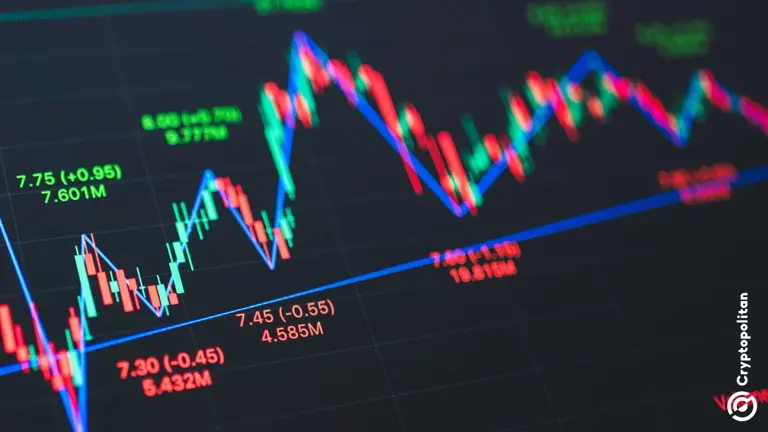International crude oil prices have begun to respond to the latest development in the Israeli-Iranian conflict as President of the United States of America, Donald Trump, announced a ceasefire on Monday.
International oil prices took a sharp dive on Tuesday following the surprise announcement that Iran and Israel have agreed to a ceasefire, bringing hope of de-escalation in one of the world’s most volatile oil-producing regions.
A report by Reuters, cited by The High Street Journal, reveals that Brent crude, the global benchmark, fell by $2.08 (2.9%) to $69.40 per barrel in early Asian trading, hitting its lowest level in more than a week.
U.S. West Texas Intermediate (WTI) also slipped significantly by $2.03 (3.0%) to $66.48, after earlier plunging as much as 6%. Reuters says this is the lowest since June 9.

After direct involvement in the conflict by attacking three nuclear sites in Iran, Trump’s announcement, made late Monday, declared that Iran would begin the ceasefire immediately, with Israel expected to follow within 12 hours.
Analysts say if both parties maintain calm, the 12-day conflict would be officially declared over within 24 hours.
What This Means for Ghana
The quick drop in global oil prices will come as good news to Ghana, especially the government. The President John Dramani Mahama administration suspended its GHC 1 Energy Sector levy aimed at tackling the sector’s legacy debt in response to the conflict.
The government feared that the conflict will escalate to cause crude oil prices to rise on the international market hence might lead to a rise in prices at the pumps. To minimize the impact of a possible rise in prices, the government withdrew the levy in order to monitor how the market responds to the conflict.
The ceasefire and the dropping prices mean the government will, in no time, revisit the levy to raise revenue.
For consumers, the dropping prices, if they continue as anticipated, are likely to ease inflationary pressures in Ghana. Already, consumers are enjoying the relief from the drop in prices of crude and the appreciation of the cedi. It is expected that this relief will continue now that global prices of crude are tumbling.

With fuel prices tied closely to global benchmarks, a sustained decline in crude oil could translate into lower prices at the pump, reducing transport and production costs across sectors. This could also relieve pressure on the Ghana cedi, which typically comes under strain when oil prices surge and increase forex demand for imports.
Despite the drop in prices, analysts warn that much will depend on whether the ceasefire holds. The Middle East remains a highly volatile region, and oil markets are quick to respond to any signs of renewed instability.
But for now, this relief, if sustained, offers a potential economic silver lining, at least in the short term.
-thehighstreetjournal.com


